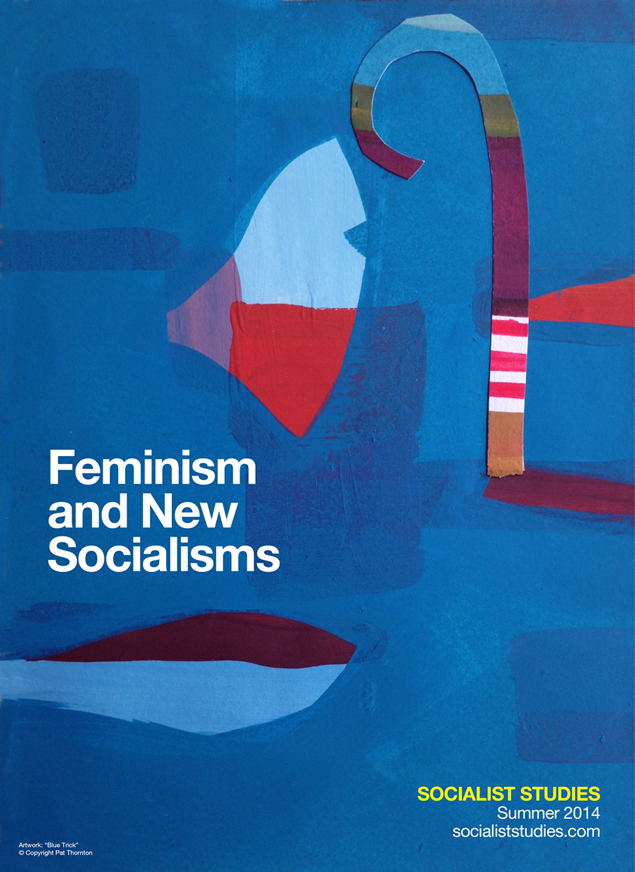Equality, Community, and the Scope of Distributive Justice: A Partial Defense of Cohen’s Vision
DOI:
https://doi.org/10.18740/S40590Keywords:
community, distributive justice, equality, G. A. Cohen, luck egalitarianismAbstract
Luck egalitarians equalize the outcome enjoyed by people who exemplify the same degree of distributive desert by removing the influence of luck. They also try to calibrate differential rewards according to the pattern of distributive desert. This entails that they have to decide upon, among other things, the rate of reward, i.e., a principled way of distributing rewards to groups exercising different degrees of the relevant desert. However, the problem of the choice of reward principle is a relatively and undeservedly neglected issue among luck egalitarians. The main goal of this paper is to highlight the importance and difficulty of this problem, and to elaborate upon G. A. Cohen's community-oriented response to it. In the last section, I provide a taxonomy of distributive pluralism, contrasting Cohen’s view with other (not so genuine) pluralisms - especially with all-things-considered varieties - while trying to motivate readers to adopt the more robust form of pluralism.Downloads
Published
Issue
Section
License
Copyright: Authors who publish in the Journal agree to the following terms: 1)Authors retain copyright and grant the Journal the right of first publication with the work simultaneously licensed under a Creative Commons Attribution License that allows others to share the work with an acknowledgement of the work's authorship and initial publication in the Journal; and, 2)Authors are able to enter into separate, additional contractual arrangements for the non-exclusive distribution of the Journal's published version of the work (eg post to an institutional repository or publish it in a book), with an acknowledgement of its initial publication in the Journal.






